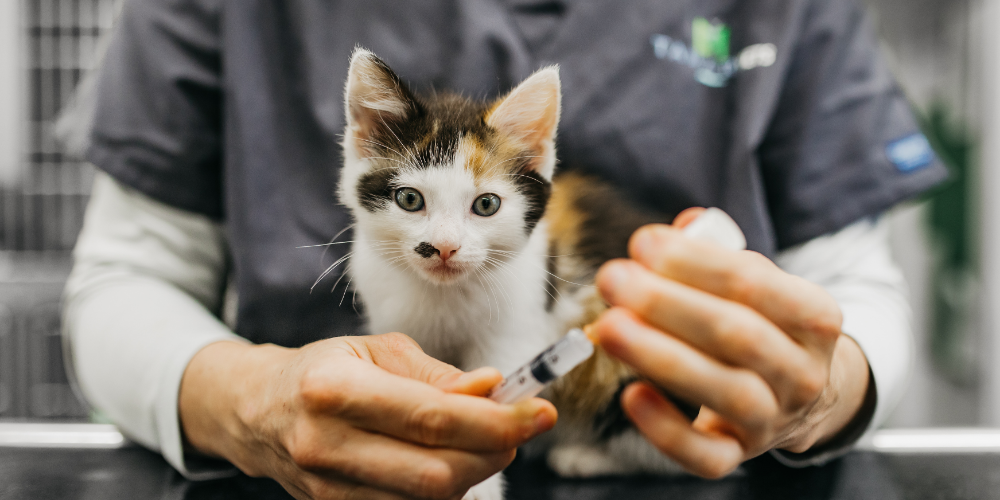Veterinary physiotherapy, or animal physiotherapy, enables us to assess, treat and rehabilitate pets with mobility issues. It can help to restore natural movement and reduce pain in the process. Pets suffer from mobility issues for a variety of reasons. These can include musculoskeletal conditions (such as arthritis – read our blog here) and neurological conditions.
Our own ‘in-house’ veterinary physiotherapist, Tanya, specialises in canine osteoarthritis, which is a painful, debilitating, but sadly, common condition. In addition, she is the only UK distributor of Recovery RX Veterinary Recovery RX provides advanced, long-lasting pain relief for pets, using Electromagnetic Pulse Therapy and is a drug-free pain relief device. She also runs several successful clinics across Devon, practising Veterinary Physiotherapy.
What are the benefits of pet physiotherapy?
Improved mobility & strength
Restoring natural movement through improvements in mobility can be life-changing for pets. This is especially true for those who enjoy their daily exercise and playtime. Improving their range of motion (ROM), coordination, and even muscle strength, so they can go about their daily activities more easily, can vastly improve well-being. Whilst all pets will enjoy some form of exercise, for some pets, such as working breeds, this will be pivotal to their welfare.
Pain relief
If you have ever suffered from pain when trying to move, you will know how debilitating this can be. Physiotherapy can help reduce pain associated with certain conditions when moving or still. This is priceless when it comes to quality of life. In addition, reduced pain means more movement, which can improve overall physical and mental health for our pets. If you have a highly strung breed, we are sure you can appreciate this!
Reduced recovery time
If your pet is receiving physiotherapy for recovery purposes, such as post-operatively or for an injury, it can help promote healing and reduce the risk of other complications. Restoring their function will help bring about some normality, and after all, our pets cannot tell us when they are in pain or frustrated.
Aid long-term management of chronic conditions
Sadly, many conditions affecting mobility are chronic, meaning they are long-term, such as arthritis. Ongoing support through physiotherapy can help improve overall quality of life and, in certain cases, reduce the risk of reinjury.
Weight management
Improving mobility also helps to promote a healthy weight. This, in turn, can reduce the impact and stress on joints and improve heart health.
Each of these benefits will, in some way, improve your pet’s quality of life. It is, however, not to be underestimated how valuable it can be to make even the simplest of tasks that bit easier, such as climbing the stairs or getting up for dinner without pain!
What could I expect during a physiotherapy appointment?
Similar to that of a human physiotherapy appointment, your pet will be reviewed (medical/health history), assessed physically (their gait, their posture, how they move, range of motion, any signs of pain response and their muscle tone, for example), and finally, a plan will be put in place. During a treatment session, depending on your pet, they could undergo a range of therapies such as:
- Manual movement: massage or joint mobilisation
- Exercise: stretching, coordination, balance or strength exercises
We are currently running FREE mobility checks for dogs and cats with our nurses. These clinics will be especially helpful before the change in seasons. Cold weather often worsens symptoms associated with certain mobility conditions. Many people often believe their pet is simply ‘slowing’ as they age. The reality for many pets is that they’re suffering from arthritis or degenerative joint disease. During these clinics, our team will assess your pet, and if the nurse feels your pet may need some help, they can refer you to one of our vets for a full diagnosis and treatment plan (with 10% off the consultation if you’re referred). Physiotherapy is one of many therapies which may be considered within your pet’s treatment plan, should they require some support.
If you haven’t booked your pet in for their FREE check, you can do so here. If you would like more information on our physiotherapy service, click here.
Remember, should your pet have physiotherapy recommended within their treatment plan, it may even be included within your pet insurance policy! Many comprehensive or premium plans will cover rehabilitation therapies, and so the cost could potentially be fully covered.



